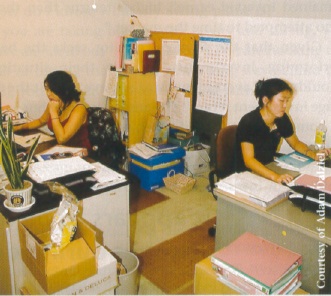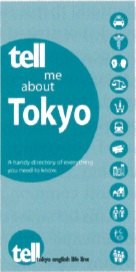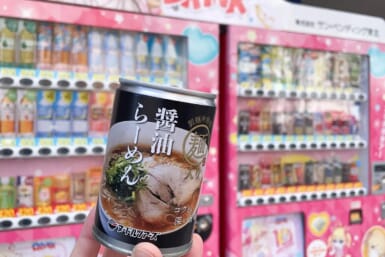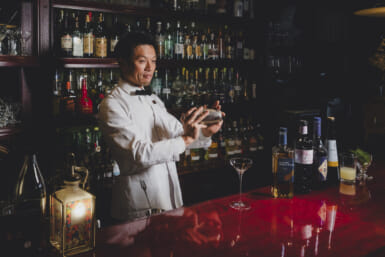Getting candid with Dr. Tsuyoshi Akiyama, Chairman of the Board of TELL
Director of the Departments of Neuropsychiatry and Patient Safety at the NTT East Kanto Medical Center and clinical professor of Neuropsychiatry at Tokyo University, Dr. Tsuyoshi Akiyama has been involved with TELL since 1982. He became a member of TELL’s Board of Directors in 1995 and finally became Chairman of the Board in 1999. The following excerpts were taken from a recent interview with Dr. Akiyama:
What is TELL’s greatest strength?
Generally speaking, the Japanese government does not do a very good job of welcoming the foreign community. Currently, there is no government office for mental health-related problems for the English-speaking non-Japanese community. TELL offers a comprehensive mental health center for the foreign community, handling everything from the initial phone call to—if necessary—psychiatric hospitalization.
How effective are unpaid volunteers in dealing with potentially serious psychiatric issues?
TELL phone counselors are extensively trained for four months and in that time, they learn to trust the process. Our counselors realize it takes a tremendous amount of courage to pick up a phone and call TELL, and they learn to believe in the strength of the person. Listening, sharing feelings, and exploring possibilities can be a very meaningful experience for the counselor and the caller. From the beginning, the training process has always been of a very high quality but it is also important for counselors to realize that there are limitations to what can and cannot be done.
Is TELL a religious organization?
TELL was started by a small number of missionaries from five congregations, so its origins are religious. But it was quickly supported by foreign embassies, corporations, and individuals not affiliated with a church. TELL is very much secular now.
If Tokyo were a person, what condition would you diagnose?
Obsessive Compulsive Disorder. People in Tokyo are hard working and highly accomplished but they spend almost no time on leisure activities. With more leisure comes a better appreciation of life—which leads to more creativity in life and in the world.
Is Tokyo a soulless city?
Ironically, the problem with Tokyo is its “Japanese-ness.” For many Japanese, it is not easy to accept non-Japanese on an equal basis. Foreigners are seen as either guests or strangers. Japanese people think that English is some abstract international standard of culture and the inability to speak English is a cultural weakness. Japanese people don’t realize that communication is paramount to healthy interaction between people. But the basic problem (with Tokyo) is mentality.
Did you know…?
1. The Life Line gets 5-6,000 calls per year (5,369 in 2005).
2. In 1995, calls from non-Japanese accounted for 83 percent of all calls, with only 17 percent from Japanese people (calling in English). In 2005, the numbers changed to 53 percent from non-Japanese and 47 percent from Japanese people.
3. From 1995 to 2005, the percentage of information calls (with no “counseling”) decreased from 45 percent to 25 percent, illustrating the increase in resources available in English.
4. The majority of calls come from people aged 25-45, reflecting the age of the largest group of non-Japanese living in Japan.
5. At any one time, there are between 60 and 80 telephone counselors, who come from more than 14 countries.
6. Phone counselors undergo a minimum of 85 hours of rigorous training.
7. While the Life Line is a free service, face-to-face counseling (provided by TELL Community Counseling Service) is fee-based. However, no client is ever turned away due to lack of ability to pay.
8. Japan has no national licensing system for psychotherapists. (TELL itself is accredited by LifeLine International and the Samaritan Institute)
9. Fundraising events and various kinds of donations accounted for over 50 percent of the TELL budget in 2005.
10. TELL provides its services with only two full-time staff; the rest of the staff (two management, three administrative, seven therapists) is part-time.
11. TELL phone counselors are not allowed to notify the police or ambulance regarding a caller.
12. Ms. Takako Shimazu, youngest sister of Emperor Akihito, and Mr. Graham Fry, British Ambassador to Japan, are Honorary Chairpersons of TELL.
TELL, in your Pocket
Tokyo English Life Line (TELL), has served the international community for over 33 years, and some of their wealth of accumulated knowledge and information is now available, packaged into a pocket-sized resource.
Tell me about Tokyo, published by Alexandra Press, is a vital companion in any situation, placing invaluable resources and services at your fingertips. The 12 chapters of this essential handbook and directory cover legal, medical and religious services supporting the foreign community, as well as resources for employment, daily living and more.
Whether you are new to Tokyo or a more seasoned expatriate, this valuable handbook and directory is a vital resource for everything you need to know about life in this city.
Tell me about Tokyo retails for ¥1,000, and 100 percent of book sales are donated directly to TELL. Available for sale from major bookstores, or order your copy now by sending an email to [email protected].










